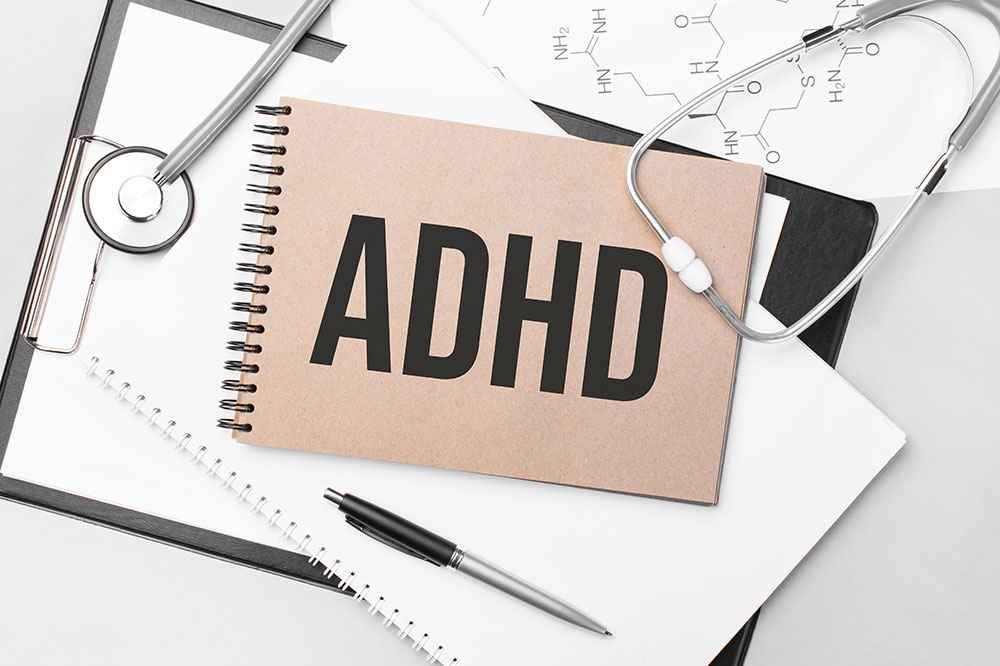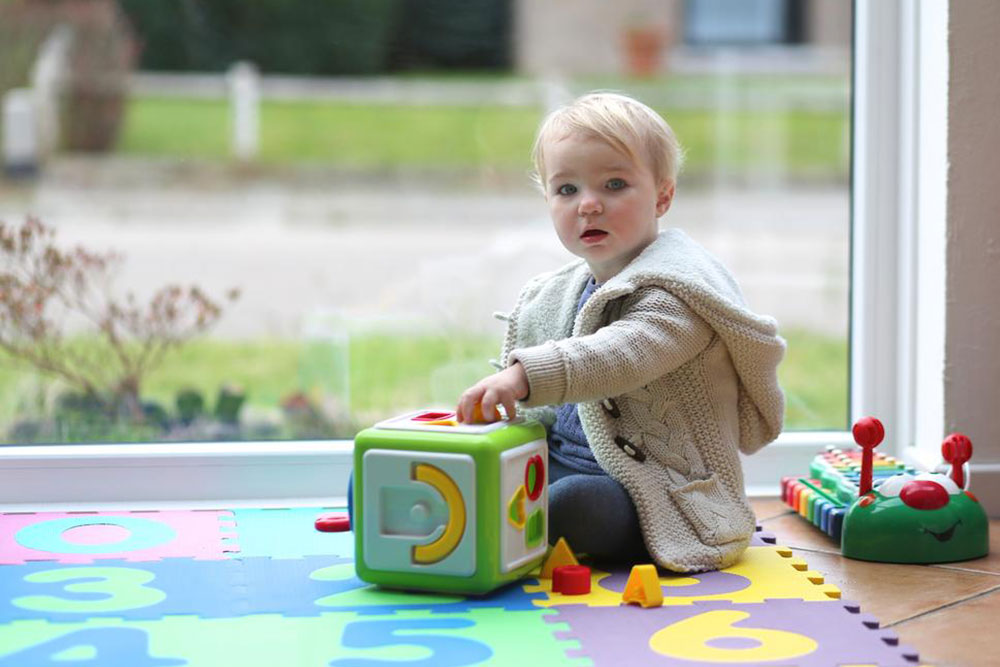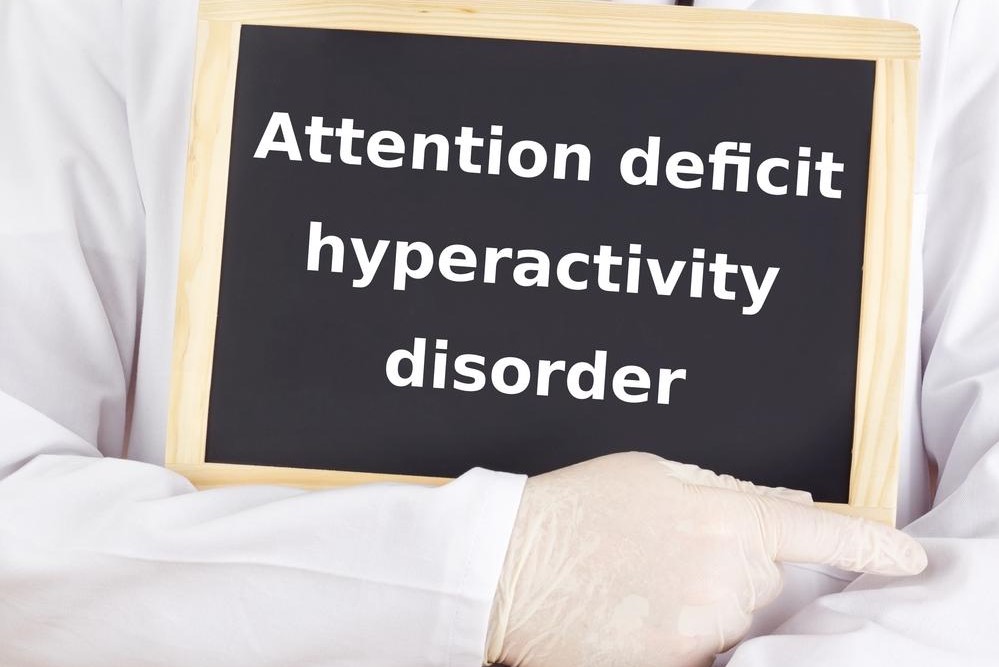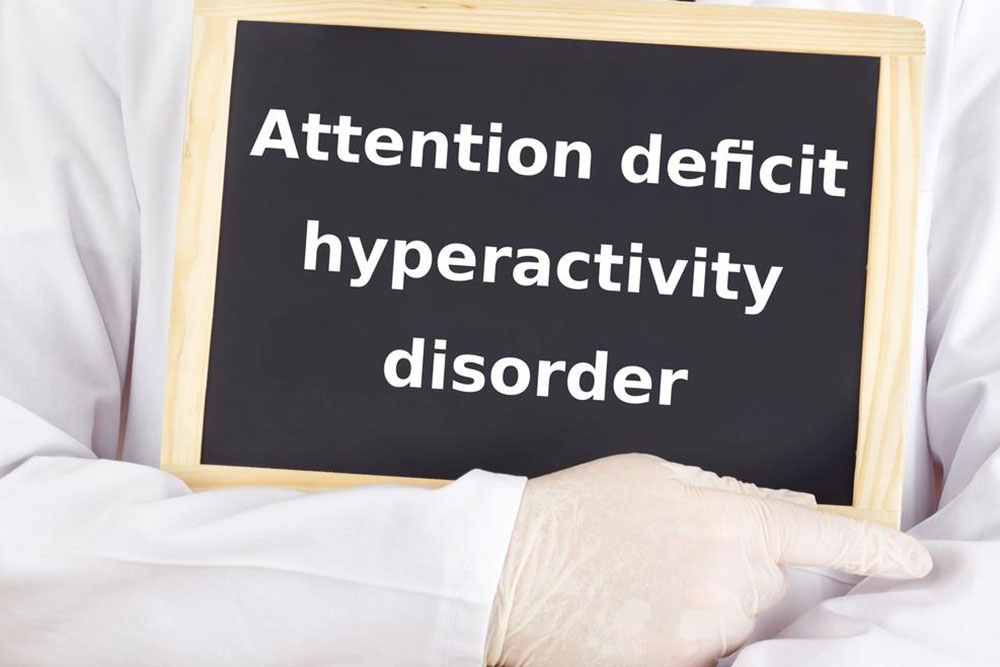Effective Strategies for Supporting Children with ADHD: A Guide for Parents and Caregivers
This comprehensive guide offers parents and caregivers effective strategies for supporting children with ADHD. It covers early signs, management techniques, positive traits, and ways to nurture their strengths, emphasizing the importance of patience, routine, and positive reinforcement. The article aims to help adults create a supportive environment that enhances children's confidence and development, ensuring they reach their full potential despite challenges associated with ADHD.

Effective Strategies for Supporting Children with ADHD: A Complete Guide for Parents and Caregivers
Attention Deficit Hyperactivity Disorder (ADHD) is a common neurodevelopmental condition that significantly influences a child's ability to focus, control impulses, and regulate their activity levels. Recognizing and understanding ADHD early on can empower parents and caregivers to implement effective strategies that support the child's growth, learning, and social development. Although symptoms often appear during early childhood, differentiating between typical childhood behaviors and signs of ADHD requires careful observation and patience. When children consistently demonstrate signs such as inattentiveness, hyperactivity, and impulsive behaviors across multiple settings—whether at school, during play, or at home—it is a clear signal to seek professional guidance and intervention.
Persistent distractibility and difficulty maintaining attention
Hyperactivity characterized by restlessness and impulsive reactions
Impulsive actions that occur without forethought
Understanding and Supporting Children with ADHD
Children diagnosed with ADHD often face unique challenges that can affect their academic performance, social interactions, and emotional well-being. Their difficulties in focusing can lead to problems completing assignments or following instructions, while their hyperactivity might interfere with classroom behavior and peer relationships. Impulsivity can result in unforeseen reactions, sometimes leading to misunderstandings or social friction. Parents and caregivers play a crucial role in providing a stable, nurturing environment that helps children manage these symptoms effectively. Consistent routines, patient communication, and positive reinforcement are fundamental to fostering their confidence and resilience.
Proven Parenting Strategies for Managing ADHD
Effectively supporting a child with ADHD requires a combination of patience, structure, and understanding. Establishing clear daily routines helps children anticipate what comes next, reducing anxiety and impulsive behavior. Consistent rules and expectations, delivered with gentle reinforcement, help children learn appropriate responses over time. It is vital for parents to communicate clearly, using simple language and visual cues where necessary. Encouraging regular physical activity not only helps expend excess energy but also promotes brain health and improves concentration. Adequate sleep hygiene, a balanced diet rich in nutrients, and limiting distractions during study time are all critical elements of a comprehensive support plan. Additionally, involving teachers and school counselors in creating customized learning strategies can enhance academic success.
Highlighting the Positive Traits of Children with ADHD
While ADHD presents certain challenges, children with this condition often possess remarkable strengths that should be nurtured. Their innate curiosity and vivid imagination can lead to innovative thinking and creative problem-solving. Many children with ADHD display courage, adventurous spirits, and lively personalities that make them engaging and fun companions. Their empathetic nature and sensitivity towards others’ feelings can foster deep kindness and understanding. Recognizing these positive qualities allows parents and caregivers to nurture self-esteem and help children develop their unique talents. With the right guidance and support, children with ADHD can excel academically, artistically, and socially, proving that their condition does not diminish their potential or intelligence.
In conclusion, raising and supporting children with ADHD requires a nuanced approach that combines understanding, patience, and tailored strategies. Early diagnosis and intervention are key to helping children develop coping skills and leverage their strengths. Creating a loving, structured environment where children feel supported can significantly improve their quality of life. Parents and caregivers should work collaboratively with educators and health professionals to ensure that children receive the necessary resources and encouragement to thrive. By embracing both the challenges and the unique qualities of children with ADHD, we can foster an environment where they grow into confident, capable individuals ready to explore their world.





